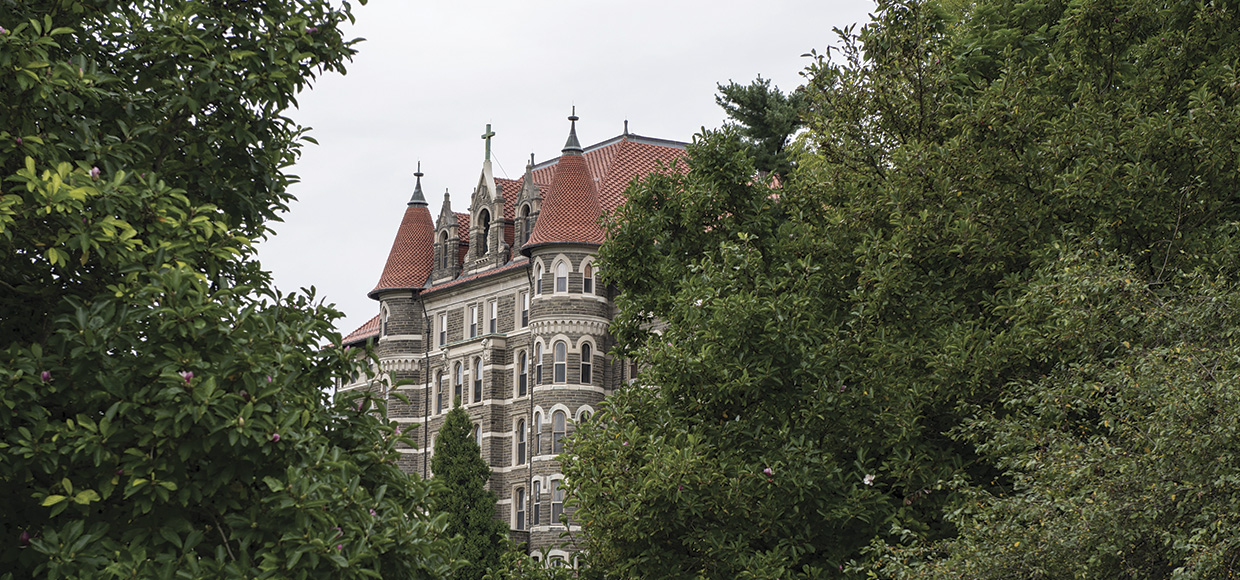KATHLEEN DUFFY, SSJ, PhD, DIRECTOR
Kathleen Duffy, SSJ is Director of the Institute for Religion and Science, is Professor Emerita of Physics at Chestnut Hill College, President of the American Teilhard Association, Associate Editor of its biannual publication, Teilhard Studies, and serves on the advisory board of Cosmos and Creation. Besides Chestnut Hill College, Kathleen has taught physics at Drexel University, Bryn Mawr College, the Ateneo de Manila University, and the University of the Philippines. She has published articles in atomic and molecular physics and nonlinear dynamics in the Journal of Chemical Physics, the Journal of Physical Chemistry, Journal de Physique, Physical Review Letters, as well as Philippine journals and bulletins.
Kathleen’s involvement in the emerging Science and Religion dialogue includes organizing programs, lectures, and conferences at Chestnut Hill College to support ongoing interest in the dialogue. She received a John Templeton Foundation Science and Religion course award, the Quality and Excellence in Teaching award from the Center for Theology and the Natural Sciences, and an honorary degree, Doctor of Humane Letters, from Iona College, New Rochelle, NY. Her present research focuses on the work and synthetic methods of Jesuit paleontologist, Pierre Teilhard de Chardin, particularly as it relates to modern science. She has published several book chapters and articles on these topics, edited a volume of essays about the life and work of Teilhard entitled Rediscovering Teilhard’s Fire (St. Joseph’s University Press, 2010), and Pierre Teilhard de Chardin: The Mass on the World: An International Celebration (Amazon, 2025), and published Teilhard’s Mysticism: Seeing the Inner Face of Evolution (Orbis, 2014) and Teilhard’s Struggle: Embracing the Work of Evolution (Orbis, 2019), both winners of Catholic Press Awards. Kathleen also guides evening, weekend, and week-long retreats on topics related to Teilhard’s life and work.

